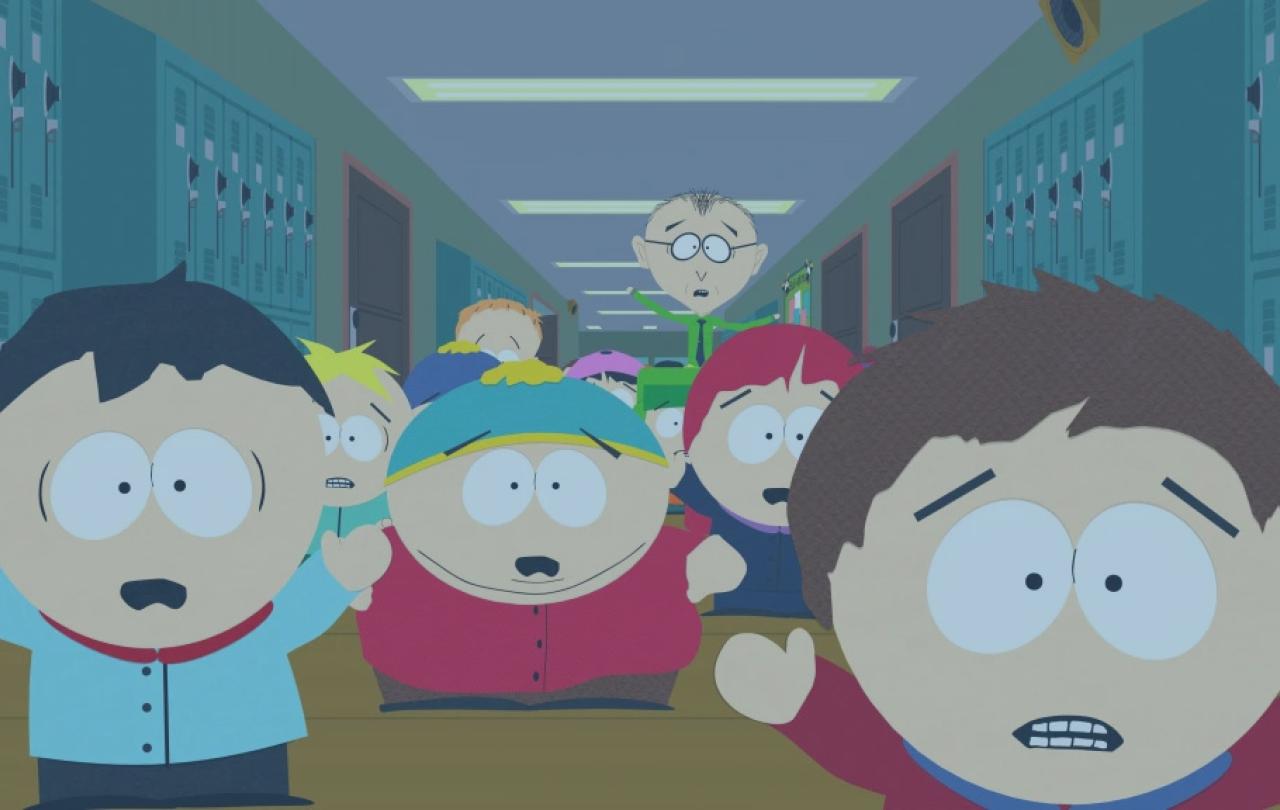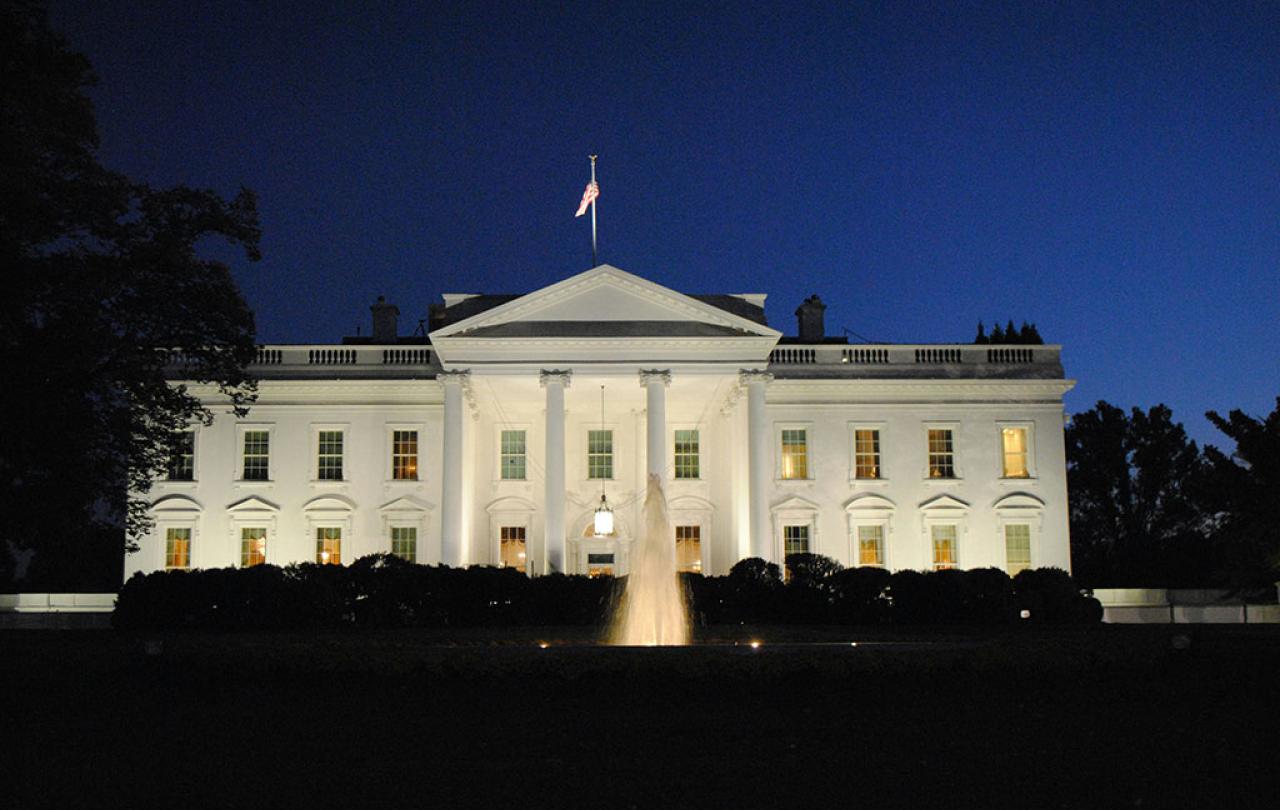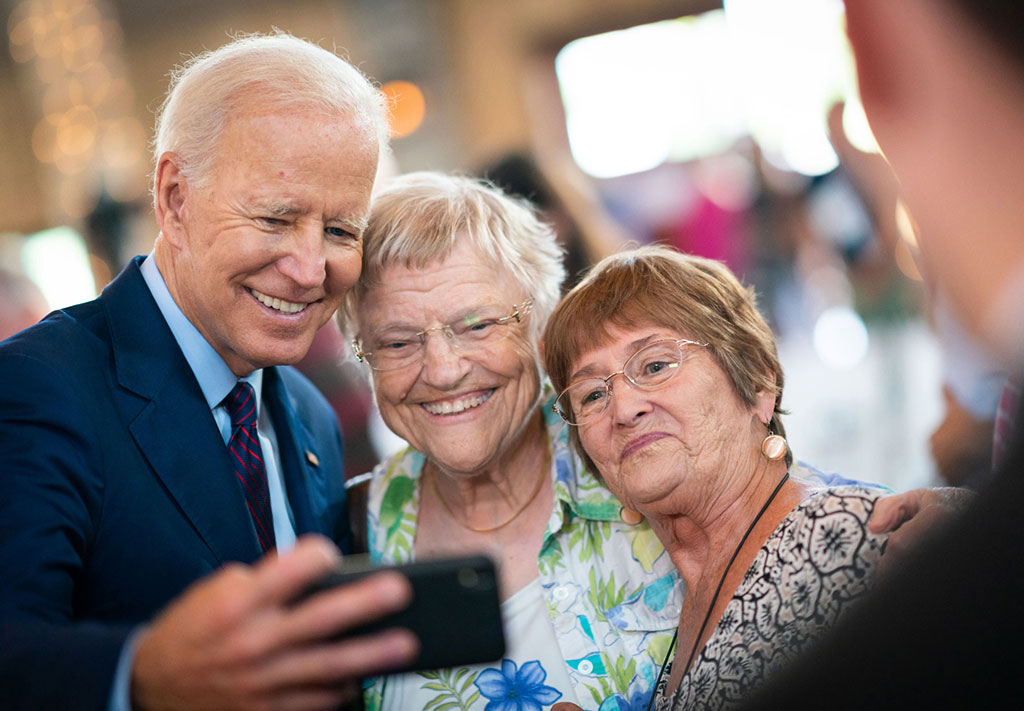
Those even passingly familiar with American religious trends over the past couple of decades will have read or heard the phrase ‘rise of the nones’ countless times. And with good reason. While in Britain the proportion of people telling pollsters they have ‘no religion’ grew rapidly over the twentieth century – it was already 43% when the British Social Attitudes survey began in 1983; it tipped 50% a little over a decade later – in America the figure stayed stubbornly low. According to Gallup polls, only 5% of American adults identified with no religion in 1975. Twenty years later, in 1995, it was still 5%.
But then, seemingly very suddenly, things started to change. Beginning in the late nineties, then rapidly accelerating in the early 2000s, each new survey showed the nones getting bigger and bigger. Depending on which survey one looks at, nones now account for somewhere between a quarter and third of American adults. Even at the lower end, that amounts to some 60 million people. And they’re still growing.
This raises a natural question: Why now? Or rather, what is it about the nineties and early 2000s that pushed or pulled large swathes out of thinking of themselves as religious? Various ways of measuring American religiosity all indicate that something significant must have happened around then. But what?
A prior, deeper puzzle
That, at least, is the obvious way of approaching things. And to be fair, it has much to recommend it: something, or rather a combination of somethings, certainly did happen to American religion in those critical years. But this in itself raises a prior, deeper puzzle: why hadn’t the numbers of American nones already risen before the late nineties or early naughts? In all manner of other, quasi-comparable countries – Britain, Canada, Australia, France – the nones started growing steadily from the 1960s onwards. Yet while the sixties had all manner of other disruptive and destabilizing effects on American culture, society, politics, and religion, the proportion of nones grew only a little bit, then stopped.
At the risk of gross oversimplification, if one were to look for a sufficiently big ‘something’ within American society, mostly absent from those other countries, which could plausibly have kept non-religiosity artificially low in these decades, then there is an obvious candidate: the Cold War. Or more specifically, the precise and peculiarly religious way in which it was framed in the USA.
A final, all-out battle
We Brits were as up to our neck in the Cold War as anyone. But only in America, I think, was the Cold War ever popularly framed as a “final, all-out battle between communistic atheism and Christianity”, to quote Republican Senator Joseph McCarthy. Remember too that it was only in the mid-1950s that Congress adopted “In God We Trust” as America’s official motto, and “under God” was added to the Pledge. During the Pledge debates in Congress, the Democrat Louis C. Rabaut’s summed up a common view on both sides of the aisle:
“You may argue from dawn to dusk about differing political, economic, and social systems but the fundamental issue which is the unbridgeable gap between America and Communist Russia is a belief in almighty God.”
This wasn’t just an issue with wide bipartisan and popular support view, it was thoroughly ecumenical too. While McCarthy and Rabaut were Catholics, it was a Presbyterian president, Eisenhower, who signed the “under God” bill into law. As Eisenhower himself put it during his 1952 election campaign:
“What is our battle against communism if it is not a fight between anti-God and a belief in the Almighty?”
Embellishing the city on a hill
It was also during the Cold War that presidents began likening America to the biblical “city built on a hill” – all the better positioned, one presumes, to scour the horizon for incoming Soviet missiles. Kennedy was the first US president to use it. Reagan, adding his own embellishment of “shining,” would make it his, and many of his countrymen’s, own. Taken together, all this helped lay down a deep, implicit association between being un-religious and being un-American. Atheism itself bore the brunt of this, but it more generally ruled out associated ideas and identities – including thinking of oneself as having “no religion” – as live options for the great majority of Americans.
Riven fault lines
Meanwhile, the cultural fault lines that begin obviously opening up in the late sixties – gender equality, sexual liberation – kept on widening, with new generations socialized into ever more liberal baselines. This created a growing values gap between traditional Christian views and the wider mainstream culture, on topics that were very personal to, and thus felt very deeply by, people on all sides. This meant that, while churches tended to be most visible on the 'conservative side' of various battlegrounds, they were also often deeply riven by internal versions of the same debates. Not surprisingly, church attendance, at least within Catholic and mainline churches, started falling steadily in the seventies and (except where immigration has helped fill the pews) has never really stopped.
The Internet of ideas and identities
On this basic account – and there is much that could be, and elsewhere has been, added to it – the thawing of the Cold War is obviously significant. Note that it is the Millennial generation, only the youngest of whom are able to remember the Cold War (and even then mostly from holiday reruns of Red Dawn and Rocky IV), who were at the vanguard of the rise of the nones. They were also the first generation to be true digital natives, opening many of them up to a much wider range of ideas and identities than hitherto available. This has been especially effective at chipping away the walls of some of America’s stronger religious subcultures. My ex-Mormon interviewees, especially, cite “the wonderful thing called the internet” as being “the game-changer”.
Serious discussion and South Park
The Millennials started coming of age, and indeed responding to pollsters’ surveys, in the early 2000s. This was also around the time when, arguably for the first time since maybe the hugely popular writer and speaker Robert “The Great Agnostic” Ingersoll a century before, unbelief was being seriously discussed everywhere from primetime talkshows to episodes of South Park. The bestselling books of the New Atheists – principally Sam Harris, Richard Dawkins, Daniel Dennett, and Christopher Hitchens – evidently hit upon some long pent-up demand. They were also, significantly here, able to position atheism, and 'no religion' more generally, as a panacea for a world awash with religion. Harris, for example, makes much of how he started writing The End of Faith on September 12th. Dawkins made no secret about his wanting to run adverts with an image of the Twin Towers and the tagline “Imagine no religion…”.
Cultural space opens
Whatever one makes of such arguments, similar rhetorical moves would have had less intuitive appeal to earlier American generations, learning to duck and cover from atheists’ H-bombs: the stuff of Americans’ nightmares were now those with too much religion, rather than not enough. While the long term impact of the not-so-New Atheism is hard to judge – many nones are keen to distance themselves from what they saw as its “dogmatism” and “extremism”, even while agreeing with much of it – it certainly helped open up ‘cultural space’ for being both American and non-religious that the Cold War had (outside of various enclaves, such as college towns and certain big cities) largely sealed shut. As we have seen, it is one that a good quarter of American adults are quite comfortable placing themselves within.
So yes, new somethings indeed happened in the final years of the twentieth century and the first years of the twenty-first: and these helped drive the uptick of nones. But these happened at the same time as the none-inhibiting effects of a much earlier something had more or less worn off, especially among the emerging generations most affected by the new somethings. It is this combination of factors— akin to pulling one foot off the brake as you slam the other down on the accelerator— that explains quite why the nones rose so suddenly and (seemingly) out of nowhere.






